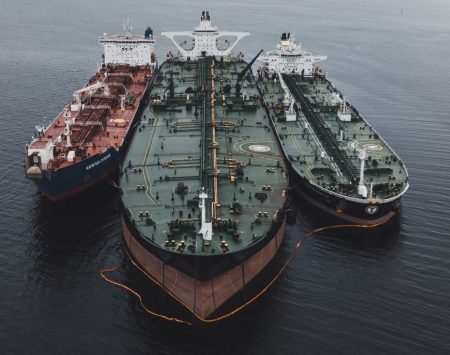On Wednesday the Wall Street Journal reported that Washington has proposed a partial easing of sanctions on Venezuela, if the South American country would allow US multinational oil giants like Chevron to resume pumping oil
One condition of the deal would be that the government of Venezuelan President Nicolás Maduro would have to hold talks with his political opposition to “discuss conditions needed” to hold “free and fair” presidential elections in 2024. In return his nation would receive “significant sanctions relief” according to sources familiar with the matter.
In negotiations between Washington, Caracas, and Venezuelan opposition figures, a proposed deal has been worked out which would include the release of some Venezuelan state funds that have been frozen in American financial institutions, which could be used to pay for food and medicine, as well as some equipment for Venezuelan utilities.
After Russian oil was partially embargoed by Europe, and the US banned the purchase of Russian oil in response to the conflict in Ukraine, Washington has been looking to Venezuela for oil relief, indicating it might relax economic sanctions placed on the country, and allow it to export more oil. Prior to the conflict in Ukraine, Russia had supplied roughly 30% of the oil consumed by the EU.
In June the US allowed Venezuela to ship oil to Europe via Italian oil company Eni and Spanish firm Repsol, as part of an oil for debt deal. However in August, Venezuela suspended the deal, asking Eni and Repsol to pay for future cargoes with fuel.
Venezuela has been under sanction by the US for over 15 years, despite having the world’s largest known oil reserves. The latest sanctions on the nation were levied in 2019, in response to allegations of electoral fraud. They froze all government assets in the United States and barred any dealings with any US citizen or company.
Although Chevron continues to maintain its business presence in Venezuela, the company is not allowed to drill or extract any oil. The Wall Street Journal notes that even if Chevron is allowed to resume drilling, it would put, “only a limited amount of new oil on the world market in the short term.”

